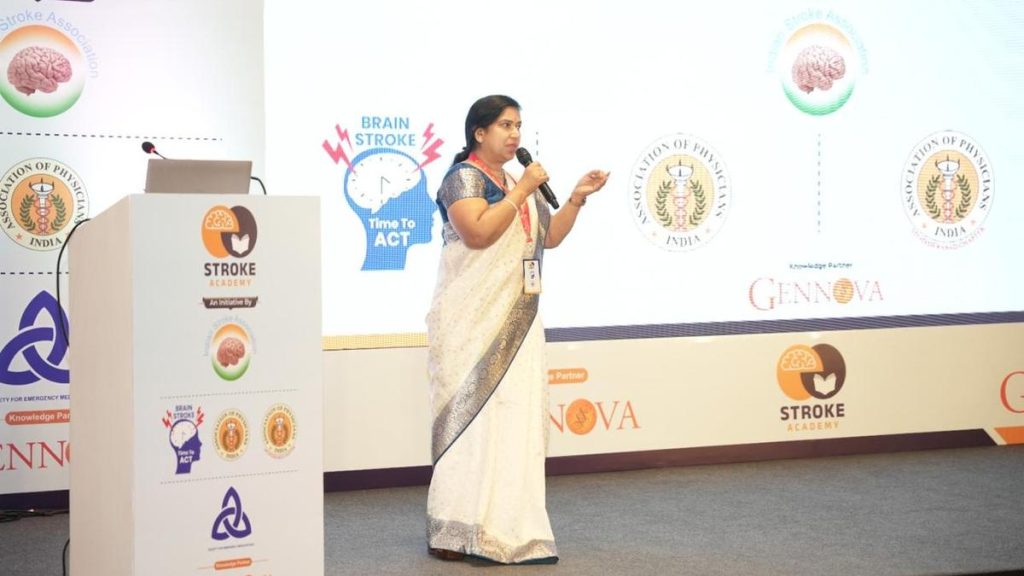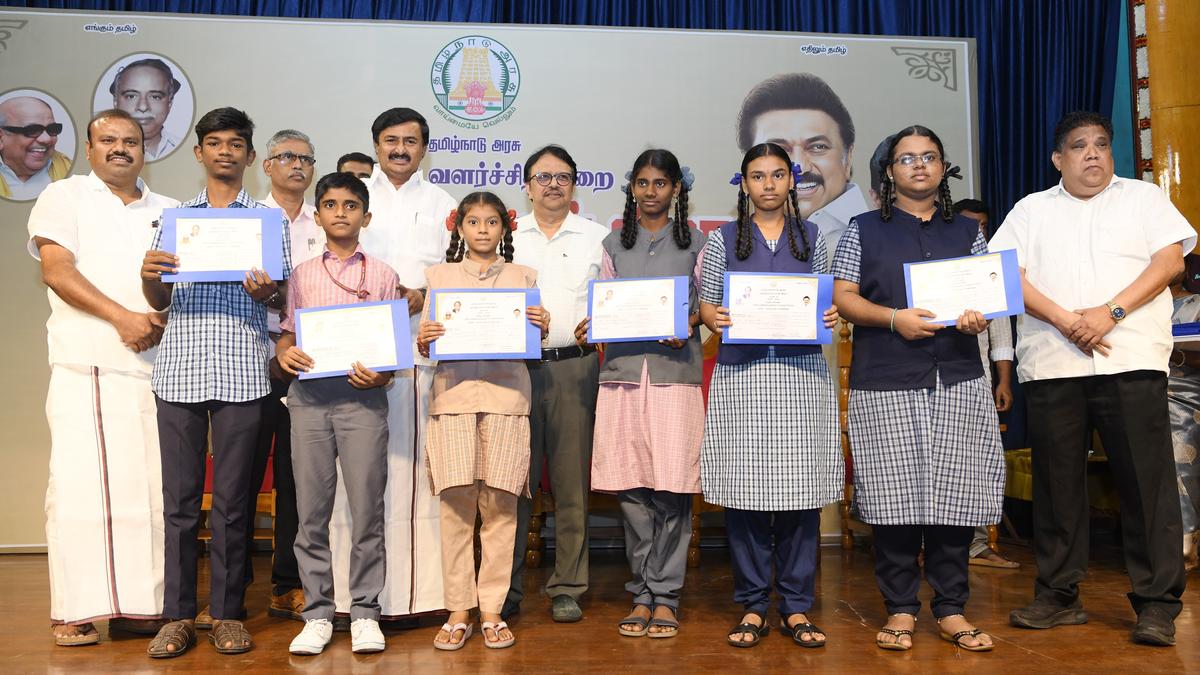Now Reading: **NGT Orders Karnataka to Tackle Thenpennai River Pollution, Demands Plan in a Month**
-
01
**NGT Orders Karnataka to Tackle Thenpennai River Pollution, Demands Plan in a Month**
**NGT Orders Karnataka to Tackle Thenpennai River Pollution, Demands Plan in a Month**
Quick Summary:
- The National Green Tribunal (NGT) has directed Karnataka to submit an action plan within a month to control untreated sewage and industrial effluent discharge into the Thenpennai River.
- Karnataka plans to construct 10 new sewage treatment plants (STPs) by December 2025, but progress is slow, with only four STPs receiving administrative approval so far.
- Untreated domestic sewage and industrial waste from Bengaluru’s lakes such as Bellandur and Varathur are polluting the river downstream in Tamil Nadu, causing severe frothing, blackened water, hyacinth growth, and foul odours.
- Tamil Nadu officials reported significant contamination at irrigation tanks near the Kelavarapalli dam as the polluted river enters their State. They urged Karnataka to improve pollution monitoring and prevent untreated waste from entering their region.
- A committee inspecting polluted sites confirmed heavy pollution in June 2024 caused by untreated residential sewage in Bengaluru’s catchment area.
- Interim measures were emphasized by NGT as monsoon rains could exacerbate pollution issues for Tamil Nadu farmers.
- Karnataka has been given until August 21, 2025-the next hearing-to file a detailed report on short-term solutions to curb river pollution.
Indian Opinion Analysis:
The NGT’s directive highlights critical interstate environmental challenges between Karnataka and Tamil Nadu that demand urgent cooperation and action. The sluggish progress on establishing new STPs raises concerns about accountability in handling systemic issues of water pollution affecting both states’ ecosystems and livelihoods-especially for Tamil Nadu farmers relying on unpolluted irrigation sources near Kelavarapalli dam areas.
The tribunal’s push for interim solutions reflects recognition of looming ecological risks during monsoon season due to delayed implementation of long-term infrastructures like STPs. Effective monitoring systems alongside faster compliance actions against industries found non-compliant could serve as immediate mitigation steps for curbing escalating damage while ensuring fairness toward stakeholders across state borders.
Read more: The Hindu article.
























